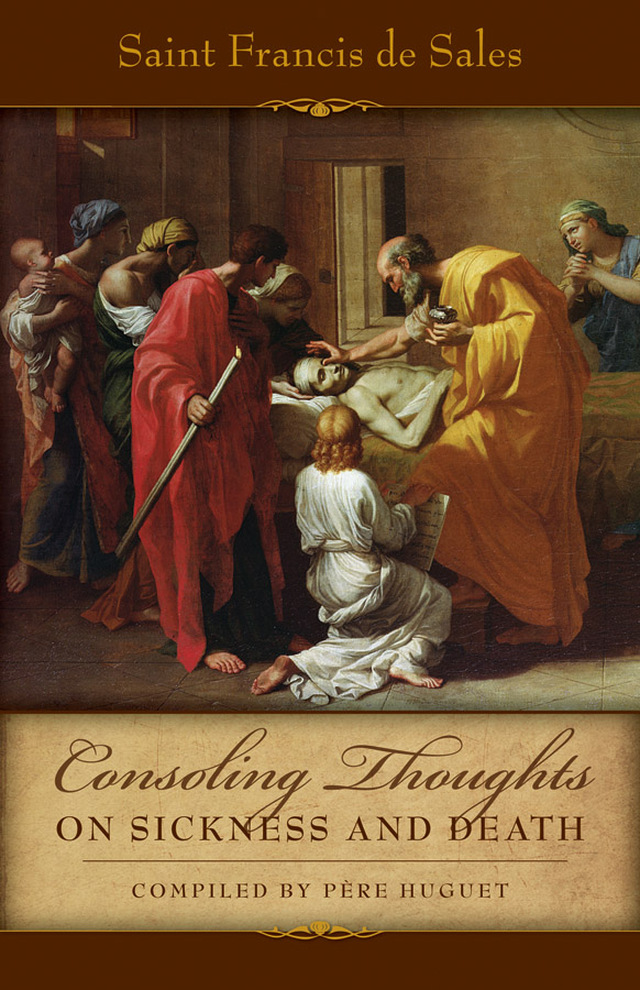As a gentle mother, leading her little child with her, helps it to walk, carries it according as she sees necessity, allows it to make some steps by itself in places which are very smooth, and not at all dangerous, sometimes taking it by the hand and steadying it, sometimes lifting it up in her arms and carrying it for a while.
So Our Lord has a continual care over the guidance of His children, that is to say, of those who have charity, making them walk before Him, reaching them His hand in difficulties, and carrying them Himself in trials which He sees would otherwise be insupportable to them.
This He has declared by Isaias: “I am thy God, taking thee by the hand, and saying to thee: Fear nothing, for I have helped thee.” And this conduct, full of sweetness, God observes in regard to our souls from their introduction into charity until their final perfection, which is effected only at the hour of death. He who perseveres to the end will be saved.
Finally, the celestial King, having guided the soul which He loves even to the end of life, assists it still in its blessed departure, by which He draws it to the nuptial bed of eternal glory, which is the delightful reward of holy perseverance.
And then the soul, all ravished with love for its Beloved, representing to itself the multitude of favors and helps by which He has prevented and assisted it during the days of its pilgrimage, kisses incessantly the sweet succoring hand that led it along the way, and confesses that it is from our divine Savior alone it holds all its happiness, since He has done for it all that which the great patriarch Jacob desired for his journey, when he beheld the ladder from Heaven.
“O Lord,” it then says, “Thou has been with me, and hast kept me in the way by which I have come; Thou has given me the bread of Thy Sacraments for my nourishment; Thou hast clothed me with the nuptial robe of charity; Thou has brought me into this abode of glory which is Thy house, O my Eternal Father! What, O Lord, remains, unless for me to declare that Thou art my God, forever and ever?” Amen.
Such is the order of our progress to eternal life, for the accomplishment of which Divine Providence has established from eternity a multitude, a distinction, and a succession of necessary graces, with the dependance which they have one upon another.
This article is taken from a chapter in Consoling Thoughts on Sickness and Death by St. Francis de Sales which is published by TAN Books.








